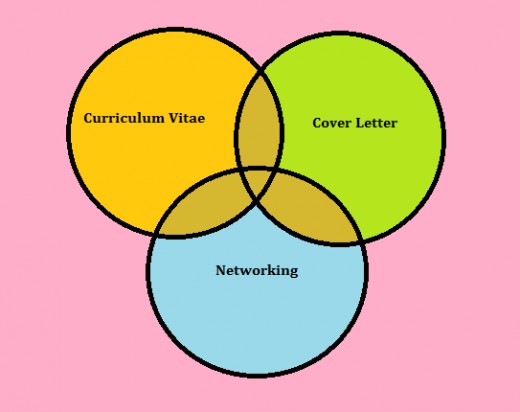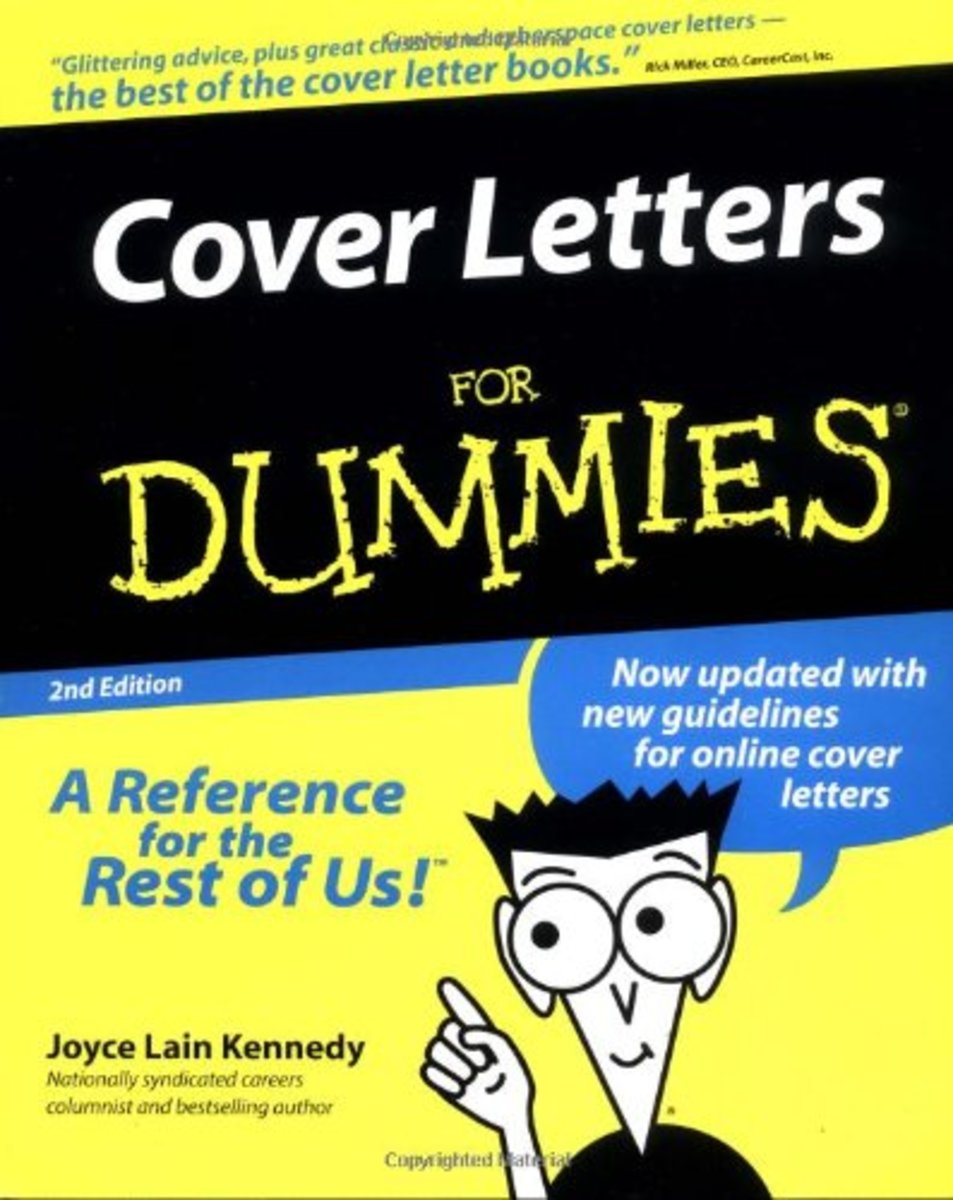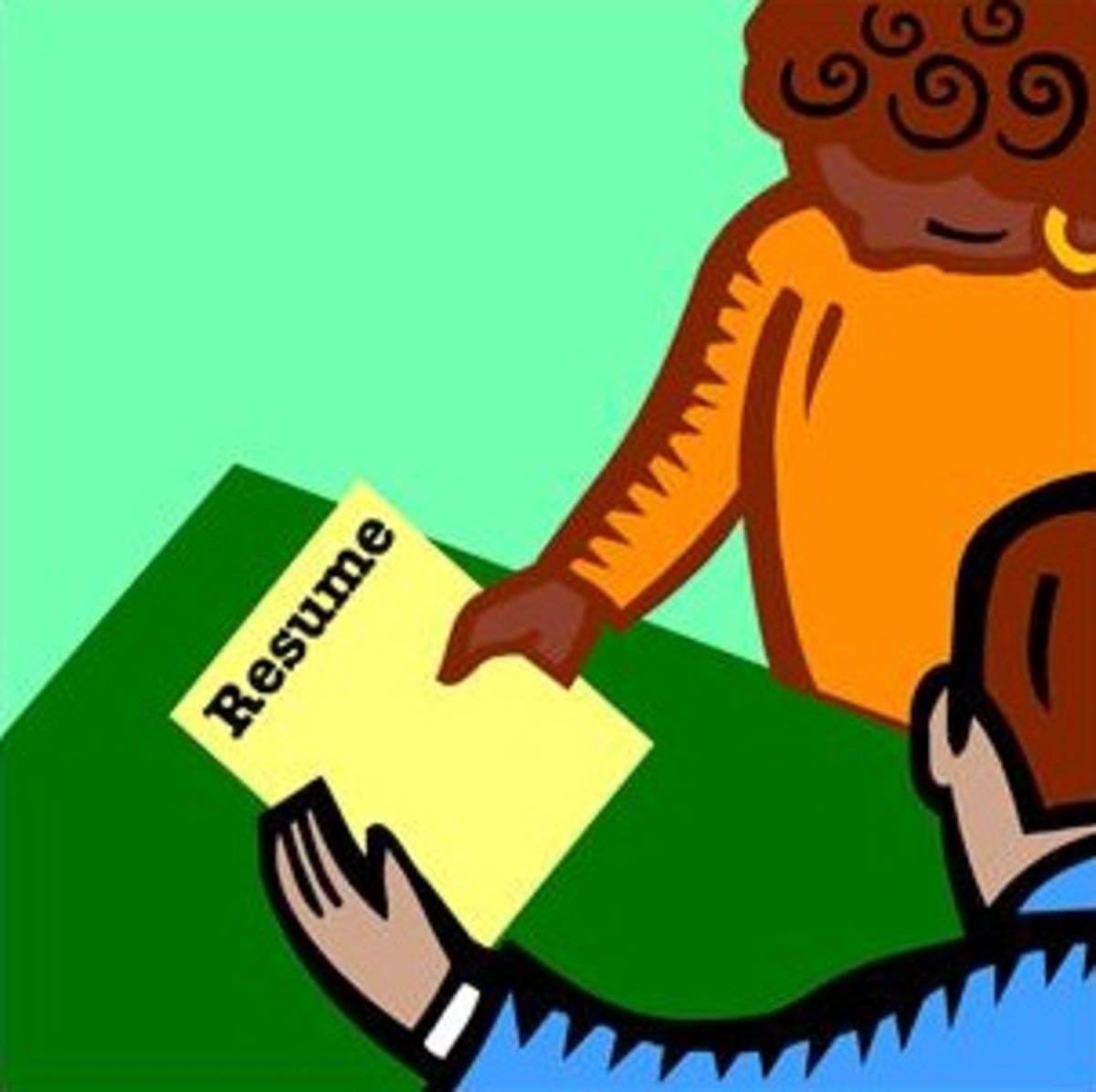Conquer The Job Market and Get The Job You Want In A Recession

Conquer The Job Market and Get The Job You Want In A Recession
There is lots of competition in the employment market right now. In the UK alone 8.4% of people are unemployed which equates to one in eleven people*. If you are one of them, and you know that running your own business, or a sabbatical year is not an option for you, it is time to revamp your whole approach to job hunting.
*ONS figures Feb 2012
Your three key tools:
- an accurate and clear Curriculum Vitae
- straightforward cover letters you can tweak
- a daily networking schedule
What should you include in a CV?
- A short paragraph about your key skills and career aims (personal statement/personal profile)
- Contact details
- Education & qualifications
- All paid or unpaid work experience
- Responsibilities, achievements and skills developed
- Activities & interests
- Additional skills (e.g. Driving Licence)
- References (available on request)
You don’t need to include...
- Nationality
- Marital Status
- Age
- Details and ages of children
- Health status
- A photo (unless specifically asked for)
- Reason for leaving previous jobs
This is because they are unnecessary and may cause an employer to discriminate against you. An employer cannot ask you to provide these details when you apply or at any time during your employment. HR will need information to pay you, but all those details are kept confidential from those you work with day to day. There's nothing wrong with volunteering information, but keep in mind that no one has the right to force it out of you.
CVs need to be ...
- Clear
- Work experience and education listed chronologically (most recent first)
- About 1-2 pages long
- Contain all relevant information
- Dates should be accurate and in the same format throughout
- All gaps in employment explained
How should I layout my CV?
There is no one way to set out your CV that is better than others. The most important thing is that it reads clearly. Use subtitles and break information into sections.
Personal Profile
When you have compiled your CV, you will need to write a paragraph describing your skills, aims and the job role you are looking for. Place this at the top of the CV. You can change it depending on what job you are going for making sure you state you want to work in the job being advertised.

Writing a Cover Letter
Highlight your skills.
Write in sentences.
Make it appropriate for the job/area of work you are applying for.
Include your aims.
Keep it short.
Save a copy in Word so that every time you need a cover letter for job websites, you can cut and paste.
Choose words carefully …
The words you choose to describe yourself and your skills in a covering letter can make or break your chances of being interviewed. Employers like to hire people who are keen and hard working. Always write a cover letter. In this competitive market, many employers are using this as a way of cutting down the reading pile from the outset.

Send Your CV to the Hidden Job Market
Did you know that …….
Over 70% of job vacancies are never advertised?
Why is that?
- Companies may employ people already known such as friends or family.
- They receive so many speculative enquiries and letters they don’t need to advertise.
- They use recruitment agencies to avoid letting their competitors know they are recruiting.
Tap Into This Market Through Networking
- Networking is a way of getting in touch with people to seek their advice.
- Letting people know that you are available and interested in working in their industry.
- Speaking to people and being confident that most people like to help.
- Forming your own aims into words and communicating quickly.
Make A Networking Table

Networking Methods
• Telephone call
• Letter
• Chat
• Text
• Designing own website that demonstrates your work – good for creative types.
Networking - common barriers ...
- Embarrassment
- Lack of confidence
- Not knowing what to say
- Unsure of how to best approach them
Solution – find out how someone else in your profession tackles it. Research.
Useful questions to ask..
- How did you start in this industry/role?
- What are the essential skills needed?
- Do you know which companies are recruiting or expanding at the moment?
- What would you recommend I do to find work in this sector?
- Can you think of anyone else who might help me find work in this area?
- Can you look at my CV and cover letter and tell me what is good and what I can improve?
Personal network contacts are best for the last point.
Identify your personal network and plan your approach ...
Who is in your personal network?
By what method will you contact them?
What you will say or write to them?
Never miss an opportunity to network!
Finally … be first
If you are registered on jobsites, there is almost no point in applying for a job and doing all the hard work on adjusting your CV, personal statement and cover letter if there are fifty applicants before you. Do you realistically think most recruiters and HR people will read many more applications than this? They need a shortlist for interview. Once they have enough interviewees they usually stop reading applications.
Only apply for a job the day it is advertised. At the most, apply one or two days later and only if you are a perfect match for that position. Remember, there are many well qualified people out there right now. For you to get a look-in, for someone to read your hard work, you must get your application in quickly.
Follow these steps and you will increase your chances of securing a good job in this recession - as opposed to any old job. Good luck!









